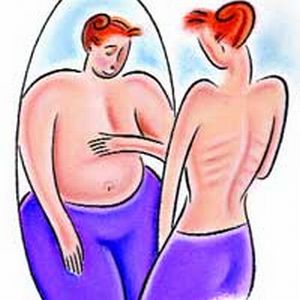 Washington, Nov 11 : A new study by researchers at Ohio University has revealed that obesity raises levels of the hormone leptin, which can be a big threat to the cardiovascular system.
Washington, Nov 11 : A new study by researchers at Ohio University has revealed that obesity raises levels of the hormone leptin, which can be a big threat to the cardiovascular system.
Leptin, a peptide hormone produced by fat cells, helps regulate body weight by acting on the hypothalamus to suppress appetite and burn stored fat.
However, an excess of fat in the body can produce too much of the hormone, which, in turn, can lower levels of bioavailable nitric oxide.